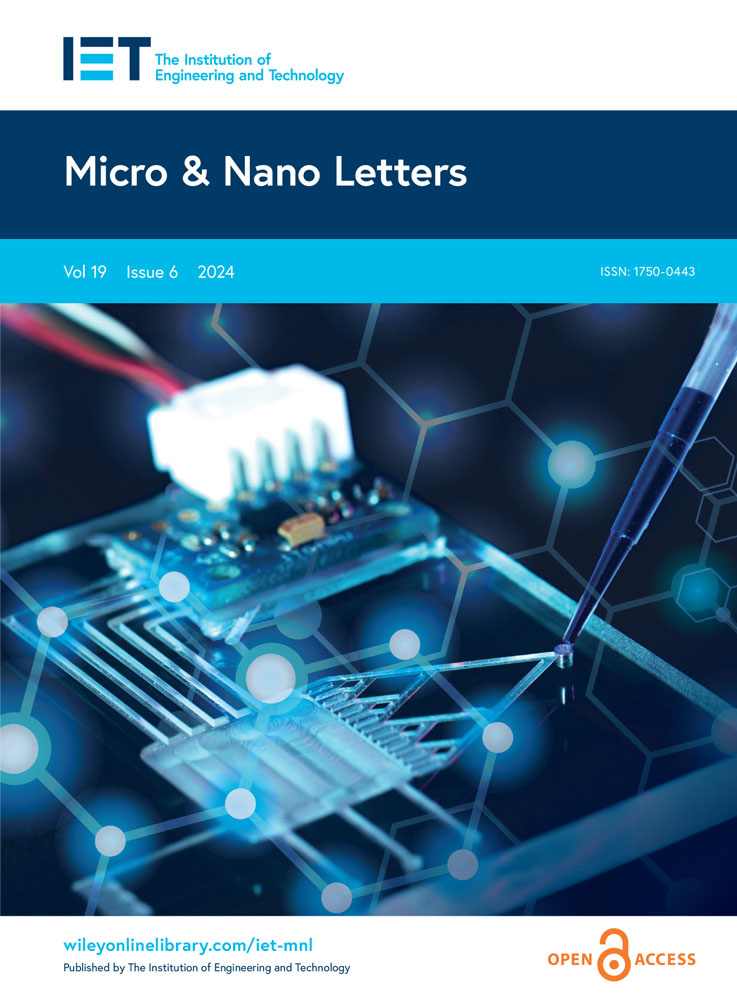基于MFI纳米片的钌催化剂上愈创木酚选择性加氢脱氧制环己烷
IF 2.4
4区 材料科学
Q4 MATERIALS SCIENCE, MULTIDISCIPLINARY
引用次数: 0
摘要
来自木质素基生物质热解的生物油通常含有各种含氧化合物,这可能会损害其作为燃料的用途。为了提高生物油的质量,催化加氢脱氧(HDO)是将油中的氧气以水的形式去除的关键步骤。在这项研究中,我们证明了MFI纳米片是钌催化剂的良好载体。我们使用简单的水热播种程序合成了高结晶的MFI纳米片;结晶56 h后得到最终材料。考察了钌在不同载体上的活性。我们的研究结果表明,分级MFI支持的Ru对愈创木酚的HDO具有良好的活性。结果表明,Ru/ZNS-56在温和条件下(200°C, 50 bar H2, 1 h)对环己烷的选择性接近100%。本文章由计算机程序翻译,如有差异,请以英文原文为准。
Selective Hydrodeoxygenation of Guaiacol to Cyclohexane over Ru-Catalysts Based on MFI Nanosheets
Bio-oils derived from the pyrolysis of lignin-based biomass often contain a variety of oxygenated compounds, which can compromise their usefulness as a fuel. To improve the quality of bio-oil, catalytic hydrodeoxygenation (HDO) is a crucial step that removes oxygen from the oil in the form of water. In this study, we showed that MFI nanosheets are excellent supports for Ru-catalysts. We synthesized highly crystalline MFI nanosheets using a simple hydrothermal seeding procedure; the final material was obtained in 56 h of crystallization. We investigated the activity of Ru supported on different materials. Our findings indicated that Ru supported on hierarchical MFI demonstrated excellent activity in HDO of guaiacol. Our results demonstrated that Ru/ZNS-56 achieved nearly 100% selectivity towards cyclohexane under mild conditions (200 °C, 50 bar H2, 1 h).
求助全文
通过发布文献求助,成功后即可免费获取论文全文。
去求助
来源期刊

Micro & Nano Letters
工程技术-材料科学:综合
CiteScore
3.30
自引率
0.00%
发文量
58
审稿时长
2.8 months
期刊介绍:
Micro & Nano Letters offers express online publication of short research papers containing the latest advances in miniature and ultraminiature structures and systems. With an average of six weeks to decision, and publication online in advance of each issue, Micro & Nano Letters offers a rapid route for the international dissemination of high quality research findings from both the micro and nano communities.
Scope
Micro & Nano Letters offers express online publication of short research papers containing the latest advances in micro and nano-scale science, engineering and technology, with at least one dimension ranging from micrometers to nanometers. Micro & Nano Letters offers readers high-quality original research from both the micro and nano communities, and the materials and devices communities.
Bridging this gap between materials science and micro and nano-scale devices, Micro & Nano Letters addresses issues in the disciplines of engineering, physical, chemical, and biological science. It places particular emphasis on cross-disciplinary activities and applications.
Typical topics include:
Micro and nanostructures for the device communities
MEMS and NEMS
Modelling, simulation and realisation of micro and nanoscale structures, devices and systems, with comparisons to experimental data
Synthesis and processing
Micro and nano-photonics
Molecular machines, circuits and self-assembly
Organic and inorganic micro and nanostructures
Micro and nano-fluidics
 求助内容:
求助内容: 应助结果提醒方式:
应助结果提醒方式:


